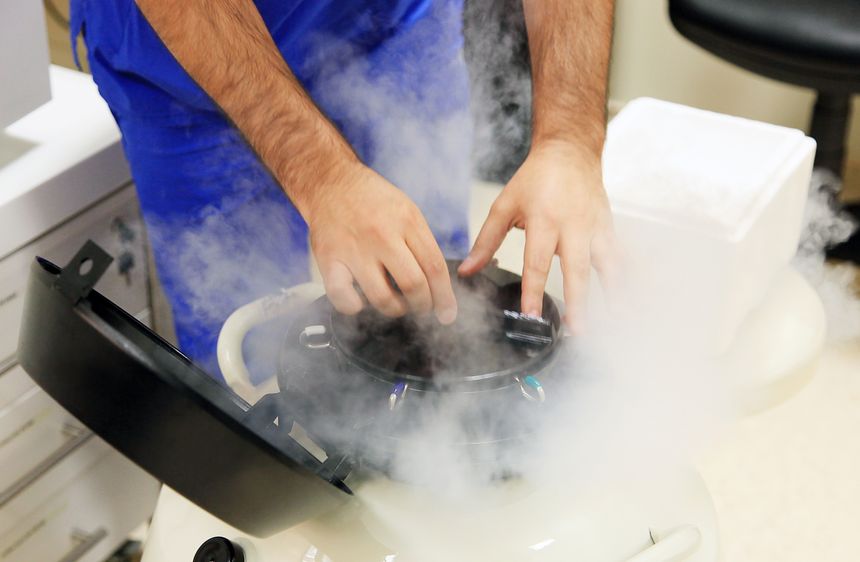In recent years, the concept of family has evolved. With the rise of same-sex marriage and more people choosing to have children later in life, the use of embryo storage is becoming increasingly common. While the primary goal is usually successful IVF treatment, a growing legal question looms - what happens when one person withdraws consent to the storage and use of embryos?
The issue of consent can arise in cases of divorce or separation. Embryos are not considered “matrimonial property,” meaning family courts cannot make decisions about how they should be divided. If one partner withdraws consent, there is currently no legal remedy available to the other.
In England and Wales, consent is king. Both individuals must give written consent for embryos to be stored, and either party can withdraw that consent at any time. If one party does revoke consent, a 12-month “cooling-off” period begins. If they do not change their mind during that time, the embryos must be destroyed at the end of the 12-month period.
This principle was tested in the landmark case of Evans. In 2007, Natallie Evans and her partner Howard froze embryos before Natallie underwent treatment for ovarian cancer. After the couple separated, Howard withdrew his consent for Natallie to use the embryos. Natallie challenged the decision, eventually taking the case to the European Court of Human Rights. The court considered several rights, including the right to life, and the right to family life. Ultimately, the court ruled that Howard’s right not to become a parent outweighed Natallie’s desire to have a child. Upon the withdrawal of his consent, the embryos were destroyed.
As emotionally difficult as these situations may be, the law is clear: both parties must agree to embryo storage and use. If one person changes their mind, the 12-month cooling-off period begins, and unless consent is reinstated, the embryos cannot be used.
With embryos now storable for up to 55 years, disputes over their future may become more common and as reproductive technology advances so to must our understanding of the legal and ethical boundaries that govern it.
If you have any questions or concerns about the issues raised, please reach out to a member of our family team.

/Passle/611cdc4cfac91e0bc434389f/SearchServiceImages/2025-12-22-13-11-25-725-6949437d667f60f1e336de1b.jpg)
/Passle/611cdc4cfac91e0bc434389f/SearchServiceImages/2025-12-19-10-35-11-770-69452a5f7e0f026f0175dc71.jpg)
/Passle/611cdc4cfac91e0bc434389f/SearchServiceImages/2025-12-19-09-32-10-480-69451b9a7e0f026f01757d42.jpg)